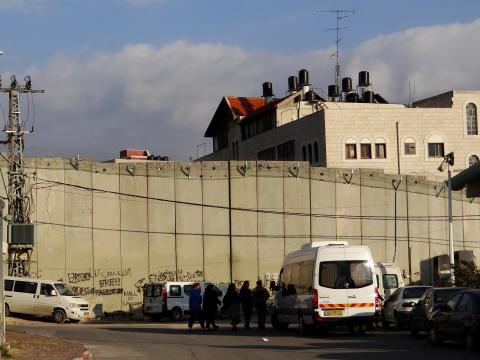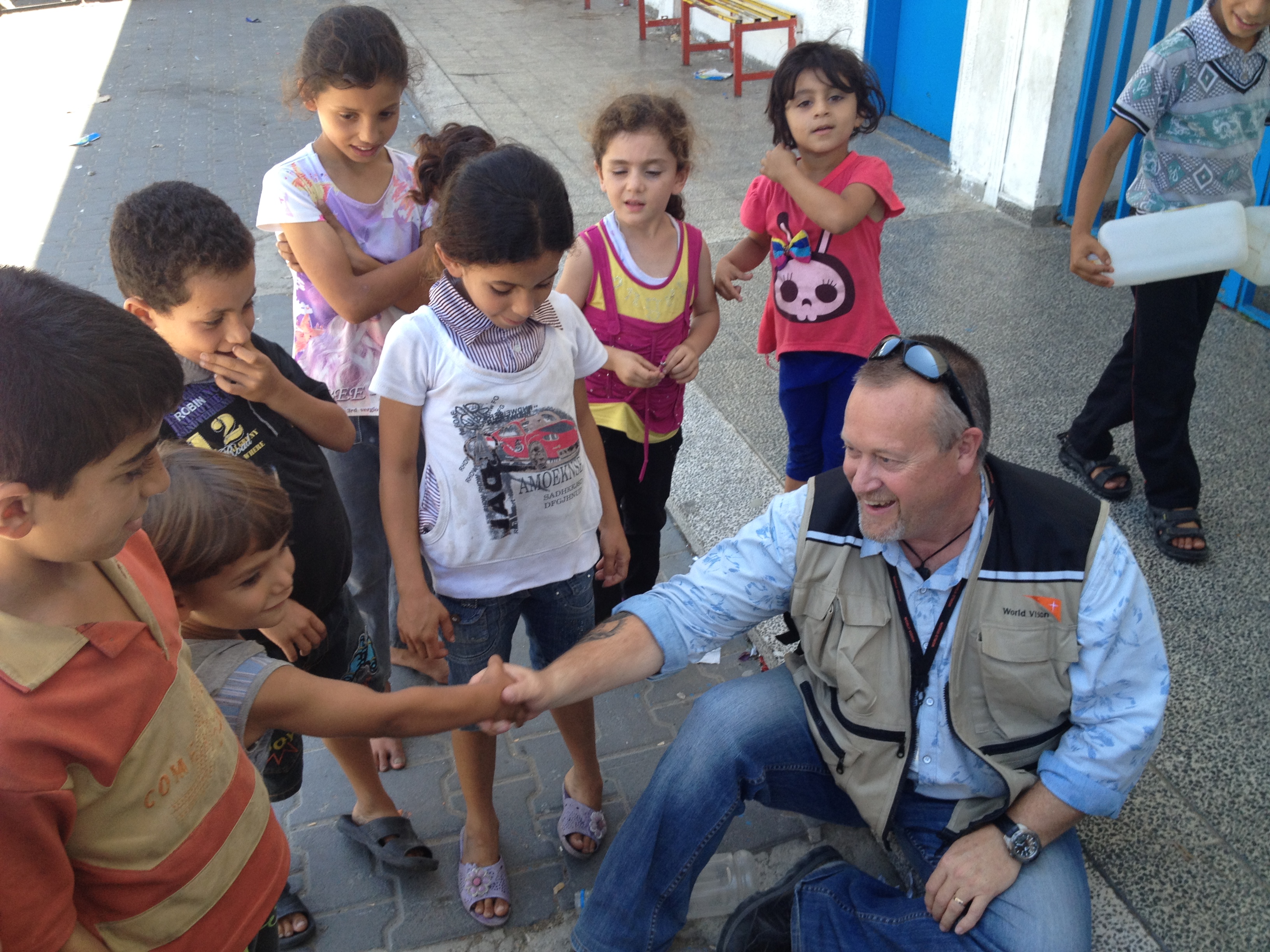Teens’ Murders in the Middle East

Artilce by Alex Snary and Bill Forbes
JERUSALEM -- The deaths of four teenage boys this week in Israel and Palestine tragically illustrate a reprehensible problem that extends far beyond the Middle East.
Yes, all four – Muhammad Hussein Abu Khdeir, Naftali Fraenkel, Gilad Shaar, all 16, and Eyal Yifrach, 19 – bring renewed attention to the conflict between Israelis and Palestinians. And their images personify the cost of choosing a political agenda of conflict rather than one of peace, more than bombings of the Gaza Strip or rocket attacks in the south of Israel do.
But their deaths also exemplify a pattern of violence against children that the world has tolerated far too long: the exploitation of children as expendable pawns in politics.
Abuse and politics can involve nations, employers, communities, or families, and incorporate child labour, child trafficking and the early marriage of girls. Children are forced to witness, or worse perform, the executions of family members. They are unwilling conscripts in intractable conflicts. They are forced to perform sexual favours for others or sold into marriages. They work unbearably long hours in dangerous conditions.
The exploitation of children represents some of the most overlooked crimes all but ignored in many communities. Consider:
- Child Soldiers: Tens of thousands of children under the age of 18 – some under 10 – continue to serve in government forces or armed opposition groups
- Child Refugees: About half of the nearly 12 million refugees and people in refugee-like situations worldwide at the end of 2013 were children
- Child Labour: One in six children between the ages of 5 and 14 in developing countries are engaged in child labour
- Child Marriage: Between 2011 and 2020, more than 140 million girls will become child brides – nearly 39,000 each day – including 50 million who will be under the age of 15.
These and other abuses involving children were at the forefront of concern 25 years ago when the Convention on the Rights of the Child (CRC) was signed. The convention seeks to address government-sanctioned abuse of children, including exploitation and torture. Only three nations have not endorsed it – Somalia, South Sudan and the United States.
Because of the 193 nations that have ratified it, the CRC is the most widely recognised compact for action to protect children. It provides guidance on how children can exercise their rights, and places on governments the responsibility to protect and assist families in fulfilling their responsibilities toward their children. It has provided useful grounds for action and accountability to strengthen child protection. For many of its intended purposes, the CRC has been effective.
World Vision Jerusalem-West Bank-Gaza Director Alex Snary mingles with Palestinian children during brief ceasefire of recent hostilities in Gaza.
But more must be done:
- Ensuring the use of child soldiers and political violence against children becomes a priority issue for the International Criminal Court in prosecuting war criminals
- Preventing law enforcement personnel from taking bribes to ignore children abused by pimps or pedophiles
- Creating – and sustaining – national movements by government, businesses, schools, and civil society to end child labour
- Ensuring parents and communities do not allow girls to marry before completing high school
- Educating children and teenagers to recognise that job opportunities which appear too good to be true likely will lead to mistreatment, exploitation and death.
It is evident that lasting and substantive improvements in child protection demand more than a UN convention and government policies. Change requires sustained and collaborative effort by political leaders, government authorities and staff, faith leaders, business owners, parents and neighbors. There must be changes in social norms and practices in communities where the abuse of children remains prevalent and accepted.
This is especially true in nations that we in the humanitarian profession label “fragile contexts,” that is, where the rule of law is violated with impunity, families and communities are unable or unwilling to protect their children, and local or national government agencies are incapable or unwilling to act. Nations like Afghanistan, South Sudan, Haiti and Somalia come to mind. Even in the most turbulent contexts, stopping violence against children can and should be a fundamental commitment and platform of all parties.
Imagine if nations and societies took a more holistic approach that involved the business and educational sectors, as well as governments, leaders of faith communities and international donors.
Imagine Bill and Melinda Gates sitting in same room with Goodluck Jonathan, Ban Ki-moon, Cyrus Mistry, chair of the Tata Group, Pope Francis and the Dalai Lama all to commit to the resources and political will to save the current and future generations of children from being pawns of war, greed, lust and politics.
Imagine the conference’s opening address is delivered by two boys, one from Palestine and one from Israel, friends of the four who were murdered. And they, in turn, reiterated the statement issued by Naftali’s family: “There is no difference between blood and blood. Murder is murder, whatever the nationality and age.”
And finally, imagine if those children, as future young leaders in their communities, could lead us all forward to regain our humanity together.
[Alex Snary leads the operations of World Vision in Jerusalem, West Bank and Gaza; Bill Forbes is the Director of Child Protection for World Vision globally.]
